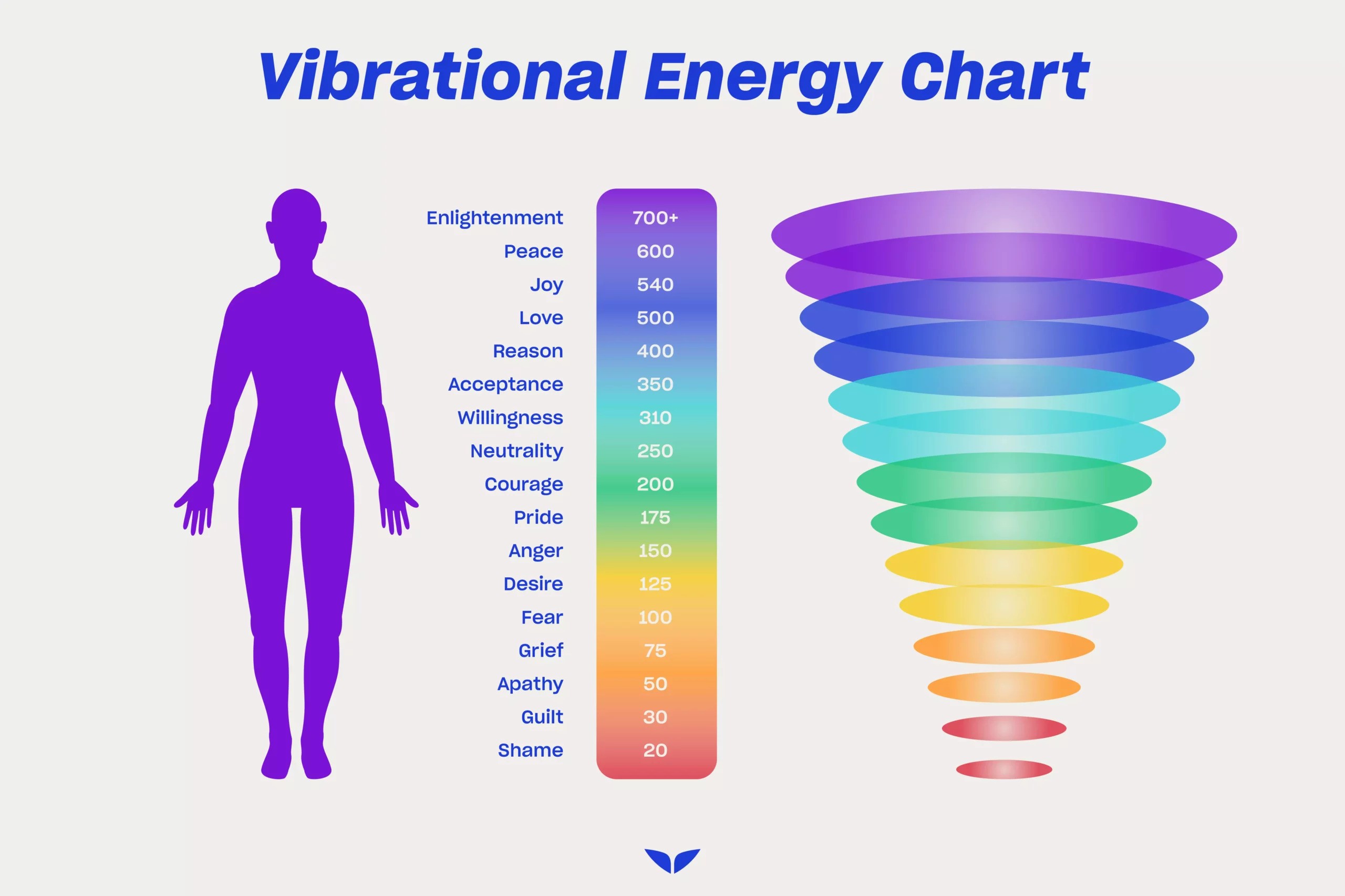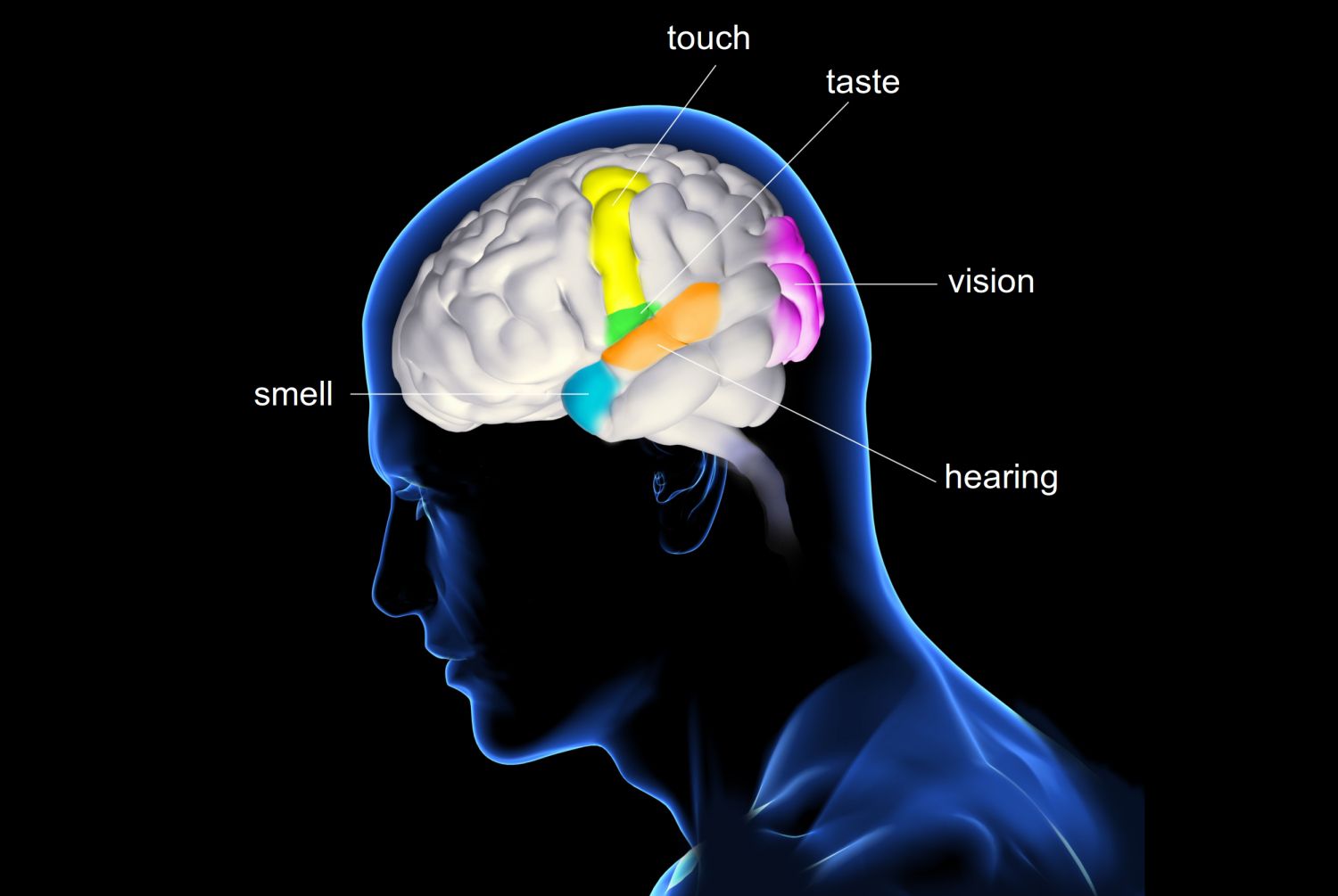Strategies for Prioritizing Your Well-being: The Importance of Self-care
We live in a culture that glorifies the idea of pushing ourselves to our limits. The concept of "hustle and grind" has become pervasive, with people burning out in pursuit of success and validation. This has led to a disregard for self-care, which entails taking care of one's physical, emotional, mental, and sometimes, spiritual needs.
Self-care is extremely vital because it allows us to take care of ourselves, which is what we ultimately need in order to function at our best. We cannot achieve optimal productivity if we're not taking care of ourselves first.
Burnout is a common sign of neglecting self-care, and if left unchecked, it can affect our personal and professional lives. Prioritizing well-being is important because we cannot fulfill our responsibilities or goals if we're not feeling good about ourselves.
It's okay to take a break and engage in activities that make us happy, nourish our bodies, and enable us to relax. In fact, we should treat taking care of ourselves as a responsibility, not a luxury or indulgence. It's important to remember that self-care will look different from one person to another. What works for one person may not necessarily work for another.
It's vital to take the time to determine what self-care practices we need in our lives and make them an integral part of our routine.
Recognizing Signs of Burnout

Do you know what burnout feels like? Have you ever experienced overwhelming stress to the point where even completing the simplest of tasks seems impossible? Burnout is a state of emotional, physical, and mental exhaustion caused by long-term exposure to excessive stress.
Physical signs of burnout include a weakened immune system, frequent headaches and stomachaches, and chronic fatigue. You might find yourself feeling constantly drained and unable to perform day-to-day tasks. It may even be difficult to motivate yourself to get out of bed in the morning.
Emotional signs of burnout may include feelings of apathy, cynicism, and detachment. You might feel like you've lost your passion and motivation for things that once brought you joy. You may feel like you're merely going through the motions of life, and nothing seems to excite you anymore. Behavioral signs of burnout may include neglecting responsibilities, isolating yourself from social situations, and engaging in unhealthy coping mechanisms.
For example, you might avoid meeting friends or completing work assignments because you feel like you have no energy left. You might also turn to destructive habits like substance abuse to distract yourself from your problems.
Sound familiar? Well, you're not alone. It's essential to understand the signs of burnout in order to take the necessary steps toward prioritizing your well-being. Remember, self-care isn't selfish, and it's not a luxury. It's essential for maintaining your mental, emotional, and physical health.
Benefits of Self-Care

Are you struggling to find a reason to prioritize self-care? Let's talk about the benefits! Engaging in self-care practices has been proven to improve mental health, increase productivity, improve relationships, and promote physical wellness. When you take the time to care for yourself, you are investing in your overall well-being.
Improved mental health is one of the most significant benefits of self-care. It can reduce symptoms of anxiety and depression and improve overall mood. When you are feeling your best mentally, you are better equipped to handle the challenges life throws your way.
Self-care can also lead to increased productivity. When you take a break to care for yourself, you come back to your work more focused and energized. This can lead to better performance and even help you avoid burnout. Improved relationships are another byproduct of self-care.
When you take care of yourself, you build self-esteem, which can make it easier to set boundaries and communicate your needs. This can lead to better relationships with loved ones, coworkers, and friends. Finally, self-care can help promote physical wellness.
When you prioritize sleep, healthy eating habits, and exercise, you feel better physically. This can lead to increased energy, improved immune function, and an overall sense of well-being. In short, self-care is not selfish; it's an investment in yourself that can pay off in many ways.
So take that yoga class, read that book, or take a bubble bath. Your mental and physical health will thank you!
Self-Care Practices

We often neglect the importance of self-care practices in our daily lives. However, it is essential to understand that taking care of ourselves is not selfish but necessary for our well-being. Here are some self-care practices that can help improve our overall health and happiness:
- Regular exercise is not only necessary for physical fitness, but it can also improve our mental health. Exercise releases endorphins, which are feel-good hormones that reduce stress and anxiety, making us feel happier and more relaxed. Incorporating exercise into our daily routine, even if it's just a 30-minute walk or jog, can improve our overall health and well-being.
- Healthy eating habits are crucial for our physical and mental health. Eating a balanced diet can improve our energy levels, mood, and concentration. It's essential to eat a variety of foods, including fruits, vegetables, whole grains, lean protein, and healthy fats. Incorporating small changes, such as reducing processed foods or increasing water intake, can make a significant impact on our well-being.
- A regular sleep routine is essential for our mental and physical health. Lack of sleep can lead to fatigue, irritability, and decreased productivity. It's crucial to establish a regular sleep routine and aim for 7-8 hours of sleep each night. Creating a comfortable sleep environment, and avoiding caffeine and electronics before bedtime can lead to better sleep quality.
- Meditation and mindfulness practices can help reduce stress and anxiety, and improve our emotional well-being. Taking a few minutes each day to practice mindfulness or deep breathing can improve our ability to focus and regulate our emotions.
- Setting boundaries and saying no can help reduce stress and maintain healthy relationships. Learning to say no to commitments that are not essential or create undue pressure can help us prioritize our well-being.
- Engaging in hobbies and activities that bring joy can improve our overall happiness. Hobbies such as reading, painting, or spending time with friends and family can reduce stress, increase creativity, and most importantly, bring happiness into our lives.
Incorporating these self-care practices into our lives can be challenging, but the benefits are worth it. Remember, self-care is essential for our well-being, and it's not selfish to prioritize ourselves. Taking care of ourselves only helps us become more resilient, creative, and productive. So, let's commit to taking care of ourselves daily.
Challenges to Prioritizing Self-Care
Let's be real, we all have excuses for not prioritizing our well-being. Whether it's guilty self-talk, not enough hours in the day, or financial strain, it's easy to push self-care to the bottom of the to-do list. First off, we need to address the guilt and self-criticism that often come with taking time for ourselves.
Society has conditioned us to believe that being busy is equivalent to being productive and successful. But that couldn't be further from the truth. Rather than feeling guilty for taking time to recharge, we should celebrate it as a step towards a happier and healthier life. Then there's the issue of time constraints. Between work, family, and social obligations, it can seem impossible to find time for self-care. But here's the thing: making time for ourselves is crucial to avoiding burnout and being our best selves. It doesn't have to be a grand gesture either. It could be as simple as taking 10 minutes to meditate or squeezing in a workout before work.
Lastly, let's talk money. Self-care practices like massages or spa days can come with a hefty price tag. But there are plenty of free or low-cost options out there too. Whether it's taking a leisurely walk outside or practicing yoga at home, there are plenty of ways to prioritize our well-being without breaking the bank.
At the end of the day, our well-being should take priority over any excuse. By identifying and overcoming these common barriers, we can make self-care a regular part of our lives.
Overcoming Barriers to Self-Care
We all know that self-care is important, but barriers such as guilt, time constraints, and financial barriers can make it difficult to prioritize. However, there are strategies you can use to overcome these obstacles. One way to overcome barriers to self-care is to create an individualized self-care plan that takes into account your unique needs and interests. This might mean setting aside time for hobbies or activities that bring you joy or prioritizing self-care practices such as meditation or exercise.
Another important strategy is to create boundaries, both with yourself and with others. This might mean saying no to commitments that don't align with your priorities or setting limits on technology use to promote more restful sleep. By being intentional with your time and energy, you can ensure that you have the resources needed to prioritize your well-being.
Lastly, don't be afraid to ask for help when needed. Whether it's reaching out to a friend for support or seeking out professional resources, there is no shame in recognizing when you need assistance. Remember, prioritizing self-care is not selfish, but rather an essential foundation for living a healthy and fulfilling life. So, don’t let barriers stand in the way of your self-care.
By creating an individualized plan, setting boundaries, and asking for help when needed, you can prioritize your well-being and enjoy the many benefits that come with it.
Conclusion
We've covered a lot of ground when it comes to prioritizing your well-being through self-care. From recognizing the signs of burnout to exploring the benefits of self-care practices, we've explored a range of topics that can help you take charge of your health and happiness.
The importance of prioritizing self-care cannot be overstated. With the culture of hustle and grind that so many of us find ourselves in, it can be all too easy to put our own needs on the back burner. But the truth is that when we take care of ourselves, we're better able to show up for the people and tasks that matter to us.
One of the biggest benefits of self-care practices is improved mental health. When we take care of ourselves through regular exercise, healthy eating habits, and mindfulness practices, we're better able to manage stress and anxiety. That, in turn, can help us be more productive and engage more meaningfully in our relationships.
Of course, there are challenges to prioritizing self-care. Guilt, time constraints, and financial barriers can all get in the way. But by creating an individualized self-care plan, setting boundaries, and asking for help when needed, we can overcome those barriers and make self-care a regular part of our lives.
At the end of the day, taking care of yourself is one of the most important things you can do. Whether you’re prioritizing a good night's sleep, carving out time for your favorite hobbies, or nourishing your body with nutritious foods, every little bit counts.
So take a deep breath, give yourself permission to rest, and remember that self-care is always within your grasp.



